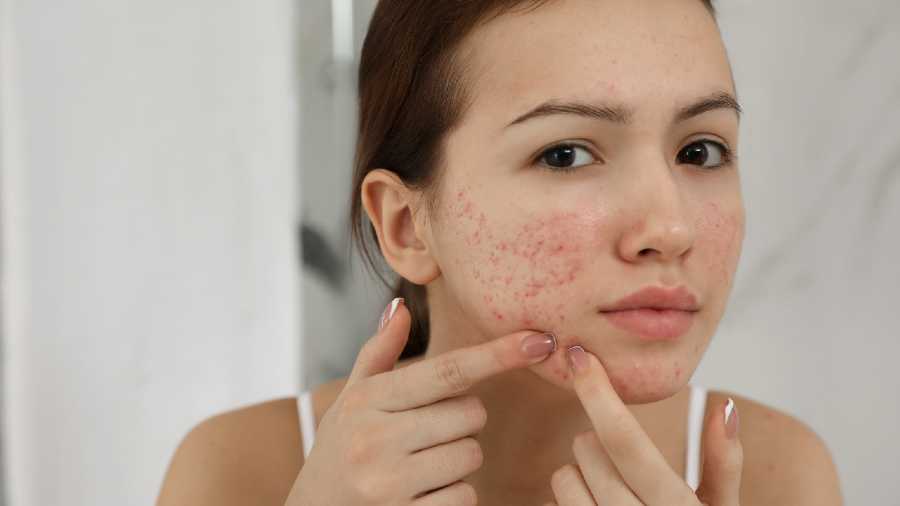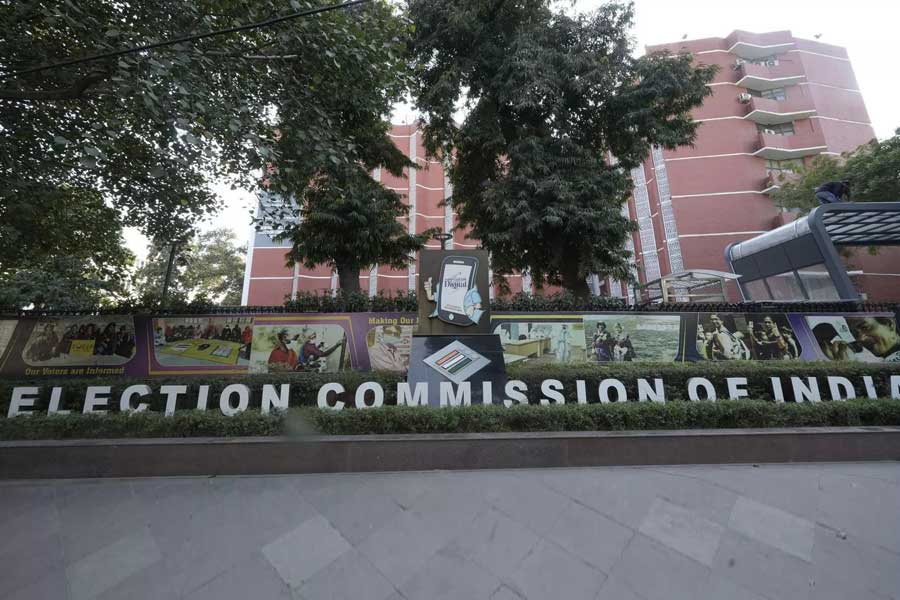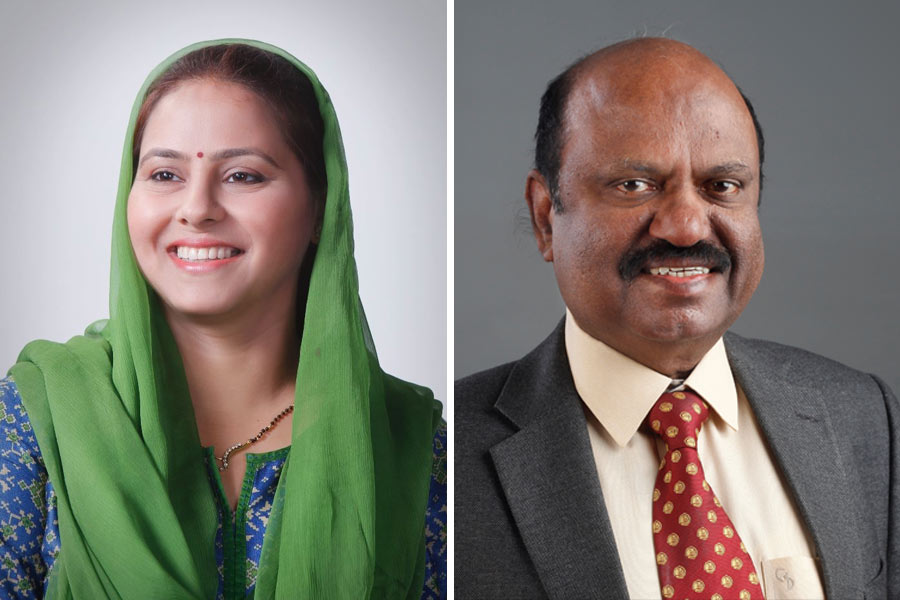A “pimply” skin is not a serious or fatal disease. It affects 80 per cent of adolescents. At this mentally challenging time of their life, a sudden break out of crops of pimples can affect their personality and make them depressed. Pimples usually disappear after the teenage years are over but may persist into the 20s. They can also make a comeback every month with menstruation or during pregnancy. The appearance may be of a single pimple (rare) or in crops (common).
There are several types. They may be closed and appear just under the skin. These are called whiteheads. If the pimple is open, it appears black or brown. This gives the mistaken impression that it is due to dirt. Futile and unsuccessful efforts to scrub off the imaginary dirt result in more pimples. Some pimples may be cystic in appearance and filled with pus. These are the ones that can eventually leave scars.
The skin contains many sebaceous glands. These secrete an oily substance called sebum. Dead skin is also being constantly shed. If the pores of the skin get blocked with sebum and dead skin, pimples develop. Our skin also harbours a variety of bacteria. Among these, there are various strains of Propionibacterium acnes. This bacterium uses sebum as food. Some strains are more likely to produce pimples than others. Also, with natural hormonal changes, there may be an overgrowth of this bacteria. Sometimes a strain of yeast found naturally on the skin, called pityrosporum, can contribute to the problem and aggravate it. Even though bacteria and fungi contribute to the problem, pimples are not contagious. They do not spread from one person to another through close contact or by sharing soaps or towels.
Boys are more likely to develop them. This is probably related to their higher levels of testosterone.
Pimples also tend to run in families. The application of greasy, oily foundations and creams blocks the pores and worsens pimples. Applying talcum powder to the face also aggravates it. This is because the skin pores become further blocked by these substances. Constant friction with clothes, helmets, backpacks or short hair (fringe) can increase pimples. Severe dandruff can cause pimples on the forehead and back, as these are the areas where the flakes land. Some medications, such as steroids and lithium, too can cause pimples even in older people.
There are many over-the-counter (OTC) and traditional treatments for acne.
Supplements containing fish oil (omega-3 fatty acids) and zinc taken regularly may reduce the severity.
A diet with 4-6 helpings of fresh fruits and vegetables and no chocolate, chips and fast food may be beneficial.
Cleaning the face with an anti-bacterial soap twice a day and then steaming with hot water helps as this opens up the pores.
Gently exfoliate the skin using homemade face scrubs. This can be made by mixing two tablespoons of honey with one teaspoon of cinnamon powder to form a paste. Apply it once or twice a week, leaving it on for 15 minutes. Honey alone can also be used. Equal parts of sugar and coconut oil can also be applied to the face daily for 15 minutes and then washed off.
Green tea can also be used. Boil water with the teabag and apply to the face after it cools down.
Cut an aloe vera plant leaf and apply the gel to the face, leaving it on for 10 minutes.
Maintain your ideal body weight. Exercise regularly.
Try these simple measures for at least two months. If the pimple flare-ups do not improve, consult a dermatologist. The doctor may prescribe a variety of topical applications and medications. They may also offer procedures to remove acne scars.
The writer is a paediatrician with a family practice at Vellore and the author of Staying Healthy in Modern India. If you have any questions on health issues, please write to yourhealthgm@yahoo.co.in










